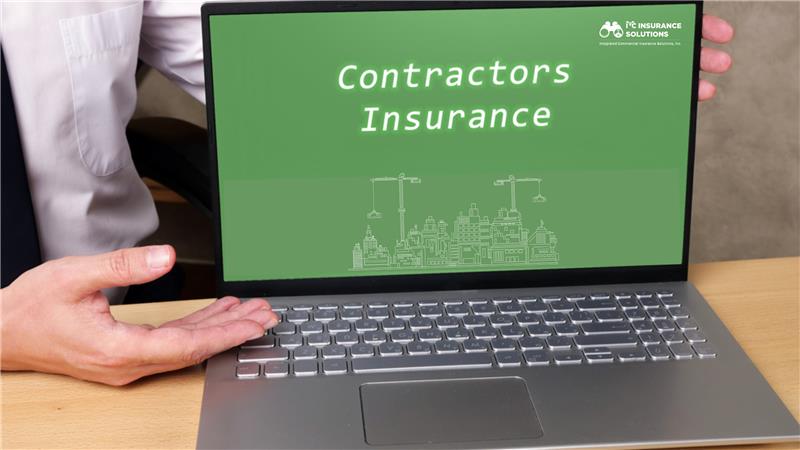
Running a contracting business is rewarding, but it also comes with serious responsibilities. You need to manage teams, stick to schedules, and finish projects on time, all while staying within budget. Along with those challenges, some risks can affect your business at any moment. Having the right insurance package is not just about following rules, it is about protecting your work, your people, and your future.
Many contractors search for construction insurance, but the proper protection goes beyond a single policy. The best approach is to build a package that covers different areas of risk. This way, no matter what happens on the job site or after a project is complete, your business has the support it needs.
Every construction project has risks that are hard to predict. A client could claim property damage, an employee might get injured, or a fire could destroy equipment. Without proper coverage, these problems can cause financial strain and affect your reputation.
Insurance gives contractors a safety net so unexpected events do not stop progress. It also shows clients that you are serious about running a professional business. With the right package, you can bid on bigger projects and grow with confidence, knowing that your work is protected.
A complete insurance package for contractors should combine several key policies that protect against different risks.
Not all contracting businesses are the same. A solo roofing contractor will not need the same coverage as a large company handling commercial projects. The type of work you do, the number of employees you hire, and the size of your projects all influence the coverage you should carry.
Adding endorsements or riders can also give extra protection. For example, you may need specific coverage for rented equipment or policies that protect specialized tools. The key is to choose policies that fit your actual business activities so you avoid paying for unnecessary coverage while also preventing dangerous gaps.
A complete insurance package gives contractors several clear benefits:
These advantages go beyond financial protection. They also help you grow your business by showing professionalism and readiness.
A business does not stay the same over time. You may hire more workers, buy new equipment, or expand into bigger projects. Each change brings new risks. This makes it essential to review your policies regularly. Outdated coverage can leave you unprotected, while updated coverage ensures your business is secure at every stage of growth.
Working with a knowledgeable insurance partner can make it easier to update coverage as your business evolves. This way, you stay protected without having to manage every detail on your own.
The construction industry is filled with opportunities, but it also comes with risks that can challenge your progress. Choosing the right insurance package for your contracting business is one of the smartest steps you can take toward lasting security. By combining policies such as general liability, workers’ compensation, builder’s risk, and commercial property insurance, you create strong protection that keeps your projects, your team, and your reputation safe.
At I.C. Insurance Solutions, our team works closely with contractors to build packages that fit real business needs. We understand the demands of construction and provide the support you need to grow with confidence. Investing in Insurance for construction is not only about meeting requirements, it is about building a steady foundation for long-term success. Contact us at 1-888-230-2216 today to get the right insurance package for your contracting business.
Most contractors begin with general liability insurance since it covers common risks such as injuries and property damage.
Not always. Smaller businesses may need fewer policies, while larger companies often require a complete package covering employees, vehicles, and projects.
It is not usually required by law, but many project owners request it for added protection during construction.
Yes, and it is recommended. Asking for proof of coverage reduces your liability and keeps your projects safer.
It usually covers the vehicle itself, but not always the equipment inside. A separate inland marine or equipment policy may be needed.